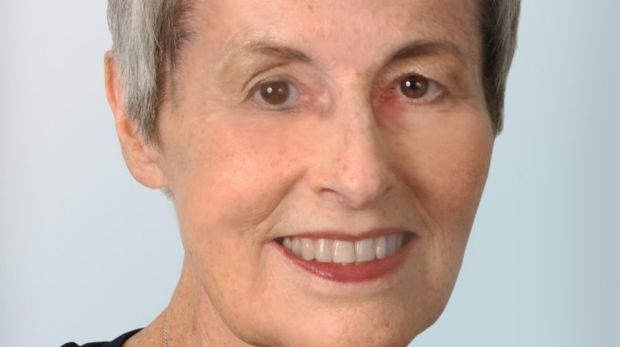
Helen Owens, health economist and social reformer
HELEN OWENS 1948-2014
Helen Owens’ work in social reform and public health benefited the entire Australian community. First and foremost however, Owens was an economist with the belief that the profession of economics was the manifestation of a deeply held moral philosophy, based on fairness and equity.
Helen Owens was born on June 11, 1948. As a quiet and studious child she attended Methodist Ladies College and earned a university place in pharmacy. She quickly realised the course was not for her and moved to study economics at Monash University, where she obtained first-class honours. It was at Monash University that she met her future husband, David. They married in 1971.
Her period studying and later lecturing in economics at Monash University was highly influential. It was here that she first met many like-minded people who were beginning to argue for the transformation of Australia. Implicit in these terms was an enduring idea that all should be done to marshal the nation’s resources for the long-term benefit of the community.
Owens joined the Melbourne University Institute of Applied Economic and Social Research when it was in its infancy. This time was profoundly influential on the development of her interest in the field of health economics. She was fascinated by health policy, health systems and what makes one particular hospital more effective than another. Working with Professor Dick Scotton, she began developing a model of what was to become “case mix funding” – a model that is today the generally accepted basis for hospital funding across Australia.
Importantly, Owens understood that economic systems and public policy operate within a political context. It was natural therefore that she would involve herself at the heart of the political process, namely as an adviser in John Cain’s private office during part of his time as Premier.
By the time Owens joined the Industry and Productivity commissions, she had a good idea of the processes of securing good public policy. The hallmarks of the inquiries she conducted in her 12 years as a commissioner, including on such key topics as health insurance and research policy, were robust evidence, inclusive consultations and, above all, passionate concern for the public interest.
No description of Owens’ life could ignore her 1994 diagnosis of breast cancer and the 20-year battle that followed. It was a gruelling marathon that she faced with indomitable courage. It sometimes seemed as if she saw herself as a living health economics case study.
During her time at the Industry and Productivity commissions, Owens came to understand the power of good governance practices which she applied when appointed to the board of what was then known as the Royal Melbourne Hospital, and more recently in her seven years on the board of Monash Health. Owens received a Centenary Medal in 2003.
Helen Owens is survived by David, sons Sam and Hugh, Hugh’s partner Esther and grandson Louis.
Bill Scales and Barbara Yeoh
